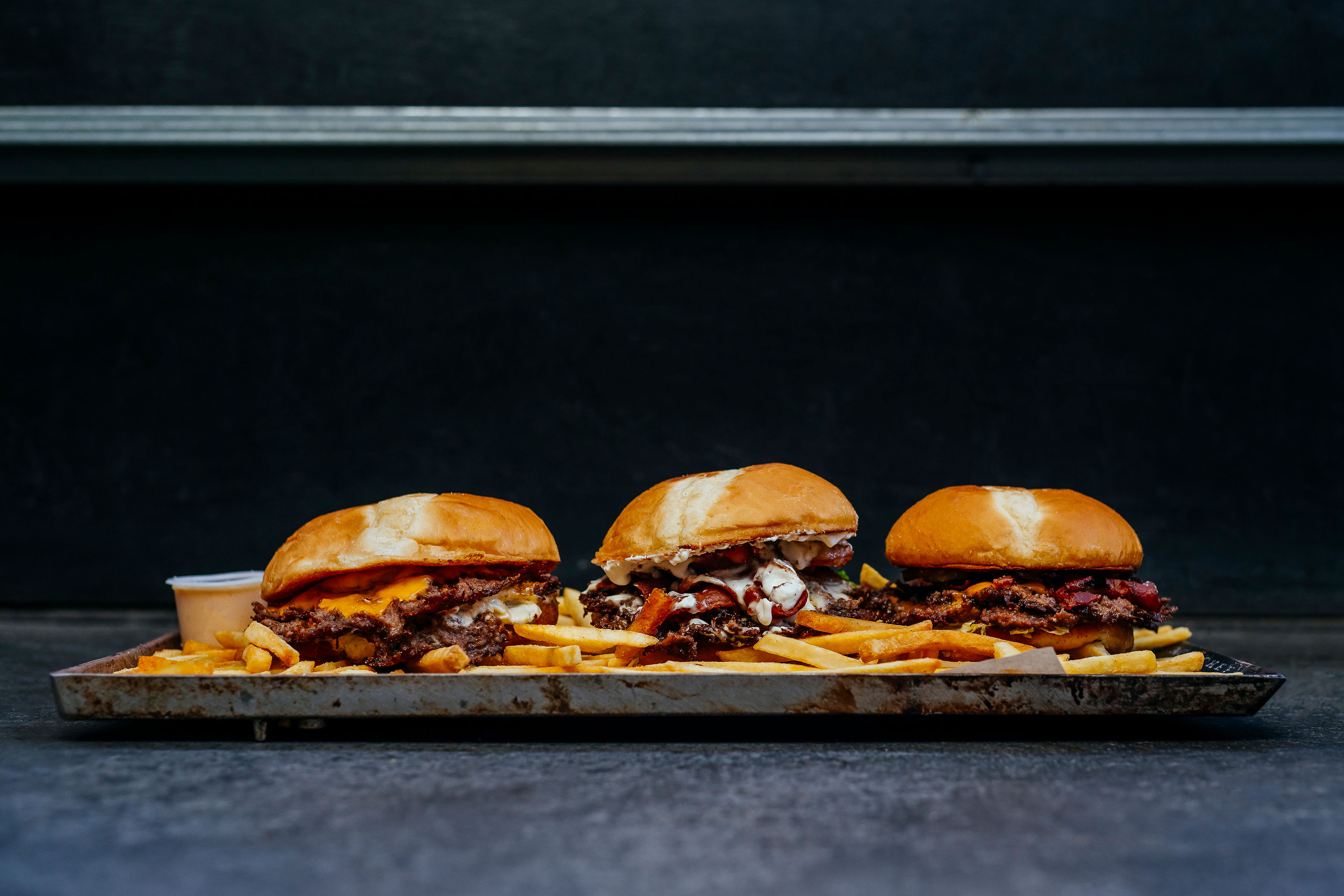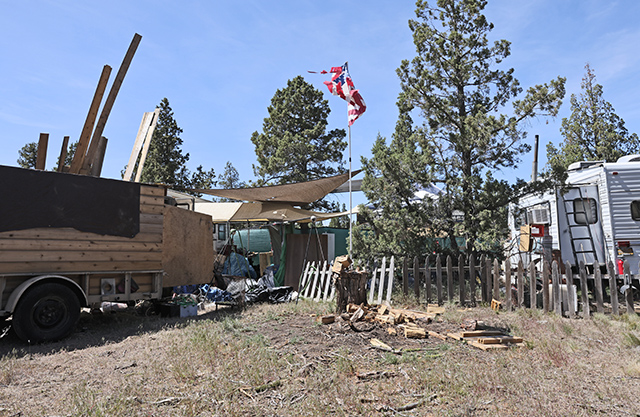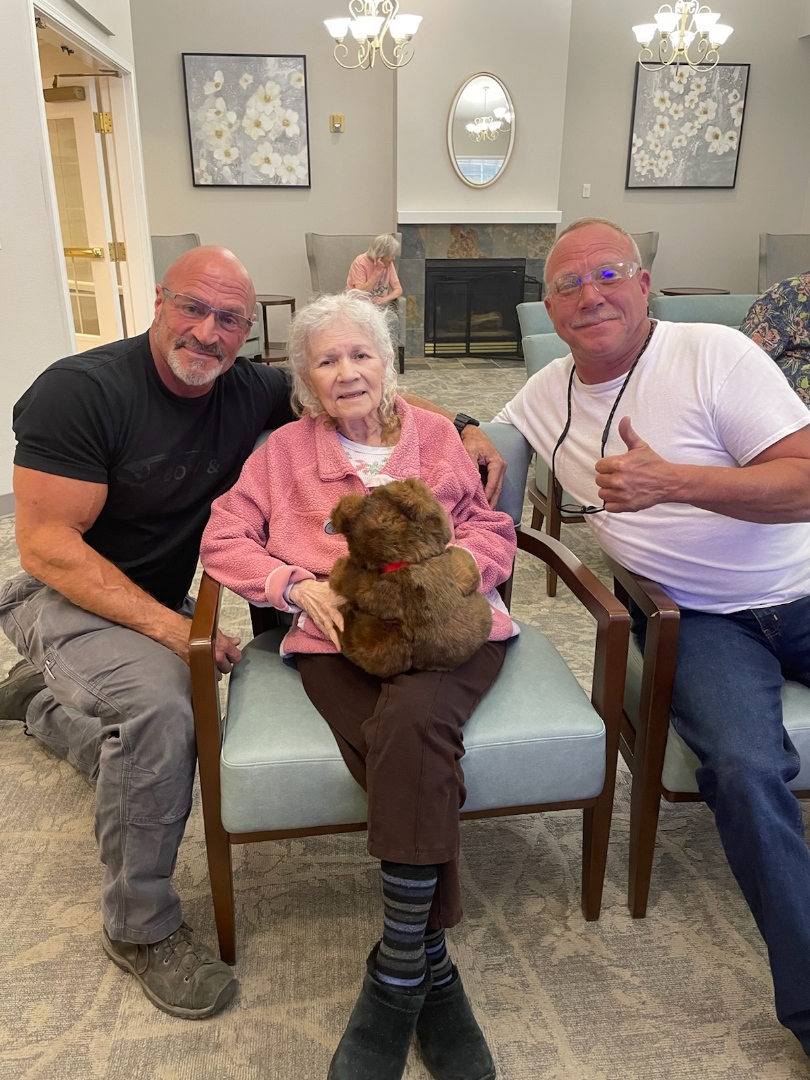Madness of war, told in first person
Published 12:00 am Sunday, March 2, 2014
“Redeployment” by Phil Klay (291 pgs., The Penguin Press, $26.95)
“You can’t describe it to someone who wasn’t there,” says a Marine who’s served in Iraq. “You can hardly remember how it was yourself because it makes so little sense. And to act like somebody could live and fight for months” there “and not go insane, well, that’s what’s really crazy.”
In “Redeployment,” his searing debut collection of short stories, Phil Klay — a veteran of the U.S. Marine Corps, who served in Iraq during the surge — gives the civilian reader a visceral feeling for what it is like to be in a combat zone, and what it is like to return home, still reeling from the dislocations of war. Gritty, unsparing and fiercely observed, these stories leave us with a harrowing sense of the war in Iraq as it was experienced, day by day, by individual fighters; it achieves through fiction something very similar to what David Finkel’s 2009 nonfiction book “The Good Soldiers” did through tough but empathetic reporting.
There are stories of heroism and kindness here: A sergeant is killed rushing to help three of his wounded men in a narrow Iraqi city alley (“Unless It’s a Sucking Chest Wound”); a lance corporal takes responsibility for a killing he did not commit so that his young buddy, a kid who still plays Pokemon, won’t have to (“After Action Report”).
There are also tales of sadistic violence, demented machismo and hopelessness in the face of the surreal, “Groundhog Day”-like madness of fighting in places like Fallujah and Ramadi. “What are we doing?” a soldier asks a chaplain in “Prayer in the Furnace.” “We go down a street, get IED’d, the next day go down the same street and they’ve IED’d it again. It’s like, just keep going till you all die.”
Those who make it home face another set of challenges: coping with post-traumatic stress; flashbacks of the violence they witnessed and inflicted; feelings of rage, guilt and anxiety; and problems fitting back in the civilian world.
Most people in the States, one Marine thinks in the title story, take for granted a certain level of safety — they spend “their whole lives at white” — and most will never even get close to orange. You don’t get to orange “until the first time you’re in a firefight, or the first time an IED goes off that you missed.”
Orange is knowing that at any moment you or a fellow soldier could be taken out or taken down — by an IED, a sniper, a roadside bomb. Orange is having seen the bodies of your comrades shredded by explosives, and being on the constant lookout for another attack, another ambush or booby trap.
“You don’t see or hear like you used to,” the narrator says. “Your brain chemistry changes. You take in every piece of the environment, everything. I could spot a dime in the street 20 yards away. I had antennae out that stretched down the block.”
The art of war storytelling
After his service in Iraq, Klay received an MFA from Hunter College, and the tales in “Redeployment” demonstrate a keen awareness of language and storytelling craft. Klay has a radar-sharp ear for how soldiers talk — a potent mix of bravado, sarcastic humor, macho posturing and military jargon — and he’s adept, too, at delineating the deeper emotions that lie beneath the swagger. He conveys how war nurtures the animal in people — instinct and aggression in search of simple survival — and how all the human feelings of doubt, regret and loss can return in an overwhelming flood once the fighting has let up.
Two entries in this volume, “Psychological Operations” and “War Stories,” feel overly focused on how and why people tell stories (to communicate, connect, manipulate, mislead, etc.), threatening to tip over into self-consciousness and solipsism. But the lapidary construction of the other stories here creates a perfect container for — and counterpoint to — Klay’s raw, distressing subject matter: not just the physical horrors of war (death, mutilation, shattered bodies) but also the cruelty it can bring out, and its ability to overturn every deeply held assumption about the rational workings of the world.
It is these tales, which do not directly try to address the nature of storytelling, that make the reader most aware of the tools that memory and art can provide in trying to make sense of the chaotic experience of war.
The stories in “Redeployment” are told in the first person, but from a variety of points of view, coming together to create a kind of choral portrait of the war. There’s a 19-year-old artilleryman, who had never killed anyone before (“Ten Kliks South”); a former Marine who has left the Corps to go to law school (“Unless It’s a Sucking Chest Wound”); a member of Mortuary Affairs, responsible for recovering the remains of the dead (“Bodies”); and a foreign service officer charged with leading a reconstruction team in Iraq (“Money as a Weapons System”). These very different stories attest to Klay’s ability to shift tone and mood with fluency, moving from ferocious realism to more meditative ruminations to “Catch-22”-like black humor.
“Money as a Weapons System” communicates the disastrous and absurd mismanagement involved in the U.S. occupation of Iraq, reminding the reader of two revealing nonfiction books, “Imperial Life in the Emerald City” and “Fiasco” (in which a colonel assigned to the Coalition Provisional Authority memorably summarized his office’s work as “pasting feathers together, hoping for a duck”).
In Klay’s story, the narrator must try to get a photo of Iraqi kids wearing donated baseball uniforms — because “the mattress king of northern Kansas,” an influential congressman’s key constituent, came up with the idea of baseball as the perfect way to promote Iraqi democracy.
In what is perhaps the most haunting story in this powerful collection, “Prayer in the Furnace,” a military chaplain reflects in a journal entry on what he’s learned from a Marine named Rodriguez, who came to him with a disturbing revelation about some of his compatriots. “I see mostly normal men,” the priest writes, “trying to do good, beaten down by horror, by their inability to quell their own rages, by their masculine posturing and their so-called hardness, their desire to be tougher, and therefore crueler, than their circumstance.
“Yet, I have this sense that this place is holier than back home. Gluttonous, fat, oversexed, overconsuming, materialist home, where we’re too lazy to see our own faults. At least here, Rodriguez has the decency to worry about hell.”






